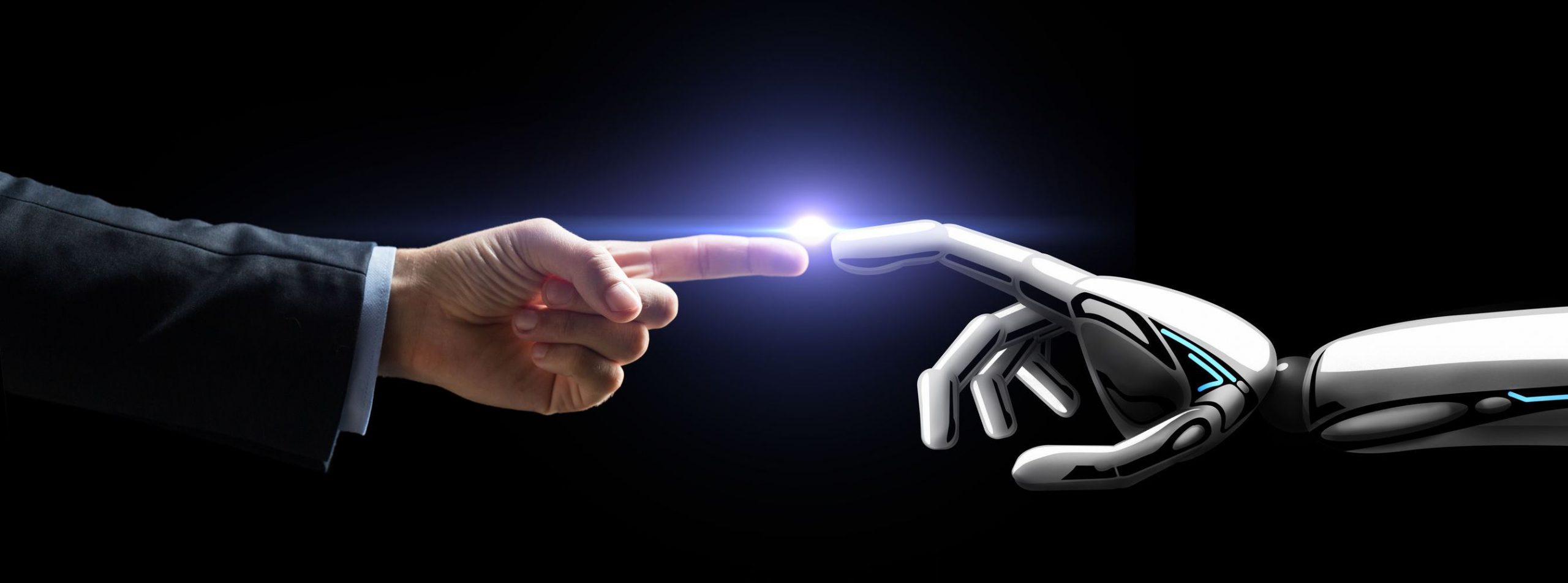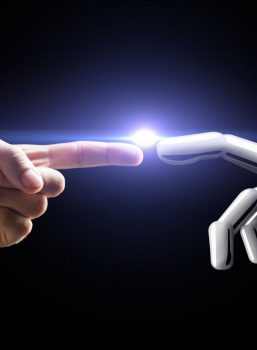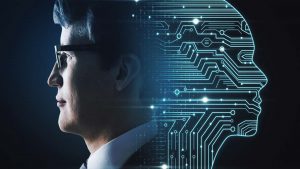
Image courtesy: https://www.project-sherpa.eu/understanding-ethics-and-human-rights-in-smart-information-systems/
Imagine a day in today’s world without the usage of google search engine… doctor diagnosing critically ill patients without any machines… stuck on a road and you don’t have navigation map app; how easy or difficult your life would be? I guess it will be more on the difficult side. Without much awareness we use artificial intelligence, better known as AI, almost every day in our daily routine, which makes our activities more accessible and convenient. This blog post is an attempt to reflect upon some of the positive as well as negative aspects of AI and the effects of its implication on the society.
Much have been debated and argued upon regarding the impact of Artificial intelligence on the society, on people and their future. Opponents stand tall and strong against the further integration of AI, as it poses a significant doom of the human race. But why such advocacies seem to overshadow the development of the society until now due to AI? The society is developing, and the advancements in technology plays a key role in it, which should not be ignored. With every day there is a new discovery and a new invention which impacts the society in various ways.
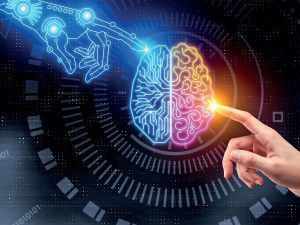
Image courtesy: https://economictimes.indiatimes.com/tech/information-tech/you-i-ai-how-artificial-intelligence-touches-almost-every-aspect-of-our-lives/articleshow/80075391.cms?from=mdr
AI is often feared for being the eminent replacement of humankind. It will make the human race disappear, with people becoming less reluctant to work, becoming more machine-reliant and eventually drifting apart from their potential energy to work. More and more jobs are predicted to be recruited by the machines and perpetual robots replacing human beings. But in reality, machines which are being programmed for AI are trained to assist human beings and amplify their work performance, all under the surveillance of the specialist. But then the question arises, why are all these commotion for and is this high advancement of technology at all needed? The answer to this depends on the living race whose existence is most worried about; the human being. After all, the main beneficiary with technology is the people of the society. As since the past, the technical aspect of the human brain has created many machines and services which has made life easier and comfortable, people are hungry for more. This hunger for ease and comfort leads to the need for the advancement of technology.

Image courtesy: https://lucidworks.com/post/ai-holds-promise-medical-field/
Let’s take a look at some of the positive aspects of the AI technology:
- In the medical field machines are used for faster and accurate diagnostics, which makes it easier for the doctors to start an early treatment and save life!
- Complicated Surgeries are performed more accurately and with more precision.
- Virtual interaction between the patient and the doctor becomes easier. Access to appointment with a specialist becomes easier while sitting anywhere in the world.
- Pets are therapeutic for the elderly people, but it often becomes a hard task to take care of the pets. AI integrated robots help the elderly community of the society as a friend as well as a co-worker by assisting them with house chores.
- Many times, fatal accidents occur due to human fatigue, like fire in the factory due to guard falling asleep or even doctors feeling tired during a strenuous operation, machines don’t feel fatigue and hence such accidents can be prevented with the usage of AI integrated technology.
But hold on, before you make your choice let’s review some negative aspects for the same :
- Human necessities in the work area may substantially decrease. There may be no need for human interactions related to work and hence decline of communication. This might create a dominant void in the human psyche.
- Unemployment may increase because of the machine replacement.
- Inequality in terms of money and social quo might escalate, with AI shares going up in the stock market.
- Racial discrimination is still a criterion which is lagging behind in terms of modification through AI.
- Lastly, no matter how fast or efficient it is, AI is integrated in machines, which are programmed by humans. There is always a chance of machines going wrong, and when a machine goes wrong, especially on which humans are completely reliant on, it may lead to disastrous consequences.
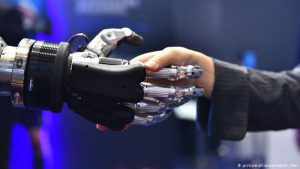
Image courtesy: https://www.dw.com/en/artificial-intelligence-the-eus-7-steps-for-trusty-ai/a-48250503
We must learn to love our robots and give them their due credits. As we acknowledge the human mistakes, we need to accept machine failure as well. If a disaster occur it will not be due to AI but due to our over-dependence on them. It is a tool and we must use it as a tool and not try to replace them with human kind. Our aim is to make AI sustainable for societal development without any chaotic disruption!
Reference
- Kaplan A, Haenlein M. Siri, Siri, in my hand: Who’s the fairest in the land? On the interpretations, illustrations, and implications of artificial intelligence. Business Horizons. 2019.
- Russell SJ, Norvig P. Artificial Intelligence: A Modern Approach. Upper Saddle River, New Jersey: Prentice Hall; 2009
- Meera S. Are autonomous Robots your next surgeons CNN Cable News Network. 2016
- Rory CJ. Stephen Hawking warns artificial intelligence could end mankind BBC News Wikipedia, the Free Encyclopedia on Artificial Intelligence. 2014
- Joseph W. Computer Power and Human Reason from Judgement to Calculation. San Francisco: W H Freeman Publishing; 1976.

